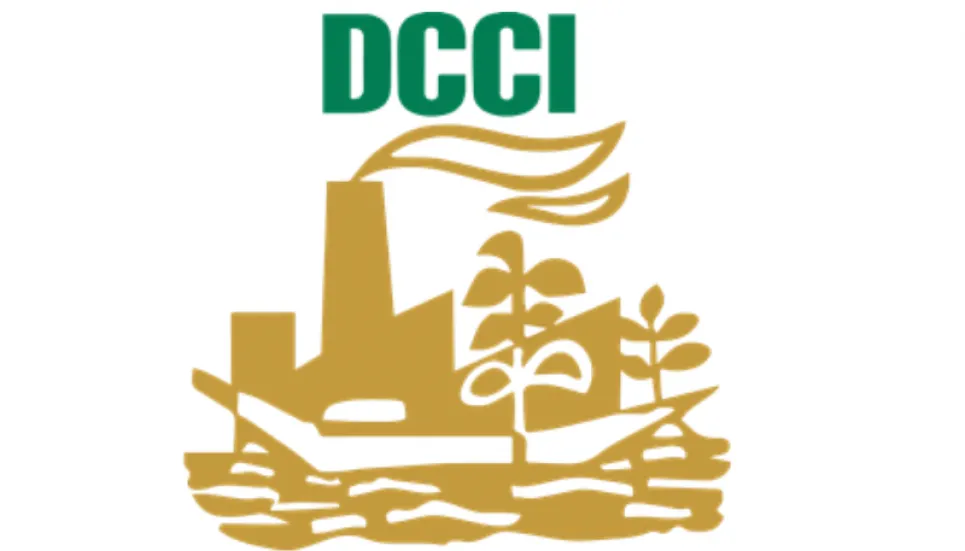
Academics and industry stakeholders at a discussion on Saturday emphasised a special fund for academic research and innovation for making skilled manpower to adjust with the upcoming job market.
The coordination among the academic curriculum, technological advancement, industrial transformation, and professional automation will ensure for next-generation in the educational syllabus to survive in the competitive world, they said
The speakers made the remarks in a webinar on “Industry and Academia Linkage: Role of Academia” organised by the Dhaka Chamber of Commerce and Industry moderated by its president Rizwan Rahman on Saturday.
American International University of Bangladesh vice-chancellor Carmen Z Lamagna said that the government should provide incentive funds, policy regulations, guidance and support, and infrastructure development to foster industry-academia collaboration to ensure research and advanced training to adjust with the global job market.
The educational curricula should be accustomed to technological advancement, industrial transformation, and occupational automation to survive in the global job market, she said.
“The gap between industry and academia constitutes of curriculum mismatch with the industry standard, lack of working environment for interns and academics without industry exposure, etc,” she said.
University of Liberal Arts Bangladesh special adviser and dean Imran Rahman said that the linkage between industry and academia needs a joint initiative through the application of modern curriculum in higher education.
“There are three aspects of education and those are teaching, research, and career placement. But as a whole, we need to redesign our curriculum in line with the demand of the 4th industrial revolution and market demand. The most important thing is research and innovation. For it, the industry can join hands to inject necessary funds for research considering it as an investment” he said.
DCCI president Rizwan Rahman said, “Bangladeshis are struggling in the job market as our conventional education system lacks skill-orientation in line with the industry demands. Consequently, foreigners dominate in the technical, managerial positions of our key industries and corporate firms leading to substantial remittance outflow from Bangladesh.”
He suggested updating the university curriculum incorporating the best practices followed by the best Western and regional universities. And for that, a collective initiative between the University Grants Commission and the universities is required, he said.
He also underscored the importance of research-based universities focusing on science, technology, engineering, and mathematics.
Bangladesh University of Engineering and Technology vice-chancellor Satya Prasad Majumder, said, “We need to adopt short- and long-term plans by redesigning the curriculum emphasising on technology, business incubation, startups, and entrepreneurship development.
Bangladesh University of Professionals pro-vice-chancellor M Abul Kashem Mozumder said, “There is a lack of required funds. The government should give tax benefits for such investors to woo adequate funding.”